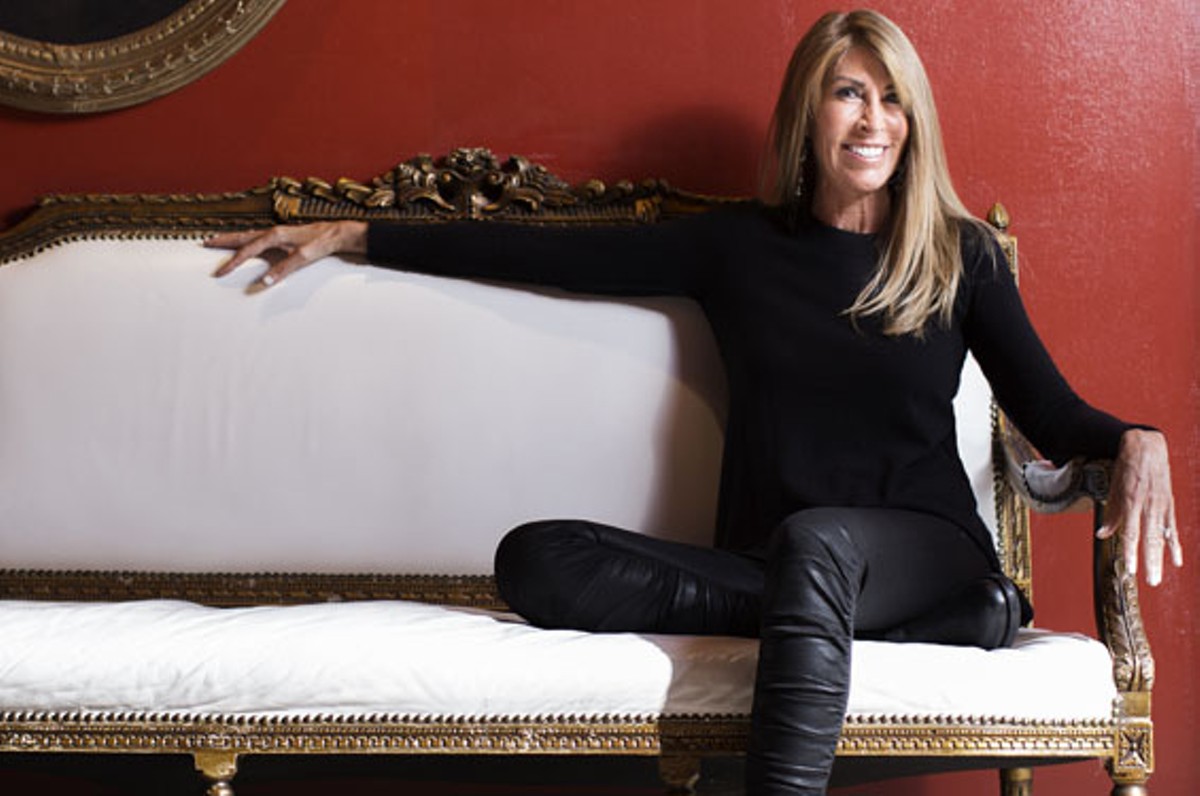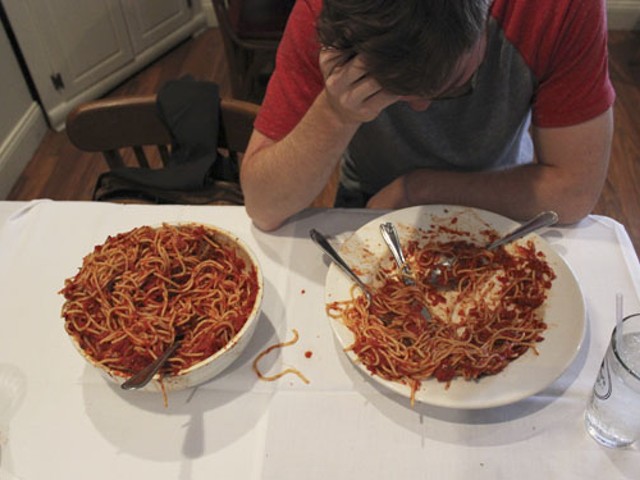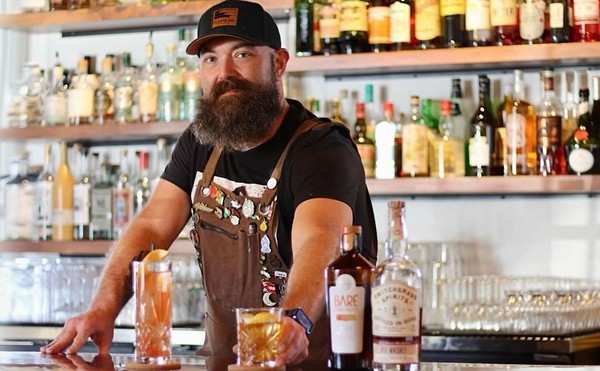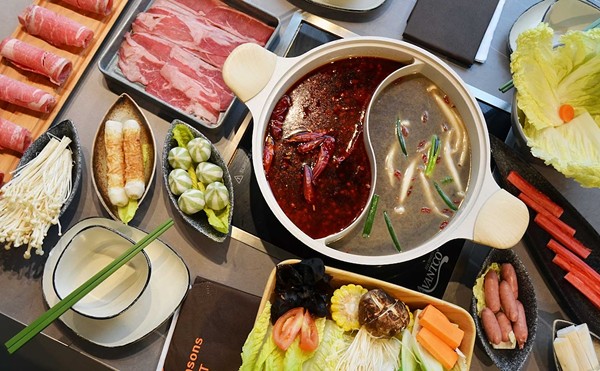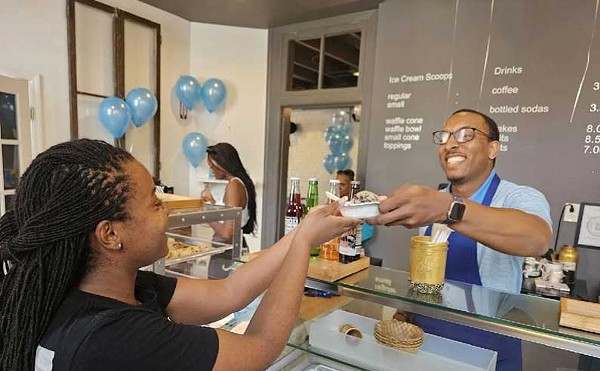Zoë Robinson Pidgeon never wanted to take reservations. But her restaurant Bar Les Frères is wildly popular and seats only 24, much to the consternation of fans trying to get a table. It was almost as if Pidgeon's rustic French eatery was too popular.
"My original thought was that Bar Les Frères really is a bar, and it's kind of inconvenient to have to make a reservation if you just want to go for cocktails and maybe a little snack," Pidgeon says. "I didn't want people to feel like they have to have dinner there. I still want that."
But the complaints have worn Pidgeon down. She originally planned to begin taking reservations after Bar Les Frères' extensive expansion this winter, but she ultimately decided she can't wait. On October 28, guests were able to book a table at Bar Les Frères in advance for the first time.
"I understand if you're going out on a date, it's difficult to take someone there and think, 'We may or may not get a table.' You have to have a plan B," says Pidgeon. "We've been trying to accommodate people by putting them on a wait list, but I think we just might as well open it up now."
Bar Les Frères is just one of many high-end restaurants in St. Louis that don't take reservations. In the past, a place was hot when diners couldn't get a reservation for weeks, even months. Now, interminable wait times are the new mark of exclusivity. No reservations makes the race for a table somewhat democratic, but it can also be frustrating when customers can't lock down their dinner plans. Of course, it's not just about being popular — restaurateurs refuse reservations for a host of reasons. Sometimes it's philosophical; other time it's about the bottom line.
Ben Poremba's year-old restaurant Olio does not accept reservations. Its sister eatery next door, Elaia, does. Poremba says there's a very logical reason he made that decision for Olio, a casual spot squeezed into a former 1920s filling station.
"It's such a rustic and communal-style dining, it doesn't make a whole lot of sense to take reservations in a place like that — someone waiting two weeks to get hummus?" he says. "It's a hanging place. You're supposed to be able to get in your car, in jeans, and show up."
Poremba says Elaia, on the other hand, is the kind of place diners can look forward to for weeks. It's also helpful for the kitchen staff to know how many people to expect — in fact, Elaia is reservations-only on the weekends. Poremba maintains that the decision really just depends on the place, the food and the owner, not following a so-called no-reservations trend.
"I don't think there is a straightforward answer to it. There are a few variables," he says. "Like, Gerard [Craft] at Pastaria should never take reservations. That doesn't make sense even though it's a huge space — ten times bigger than Bar Les Frères — no one wants to make a reservation for two weeks and eat a bowl of pasta. At Niche, it makes perfect sense."
At Edwardsville, Illinois' Cleveland-Heath, another relatively recent addition to the local restaurant scene, owner Eric Heath says he actually did take reservations for the first six months of business and then abandoned the practice. He says it was a disaster.
"We'd get reservations for 20 to 30 people — that's over half our dining room. And either they'd show up 45 minutes late or half the group wouldn't show up or they wouldn't show up at all," says Heath. "The guests that were here were able to see there's an open table, and they'd ask, 'Why can't we sit there?' We'd give it away after 30 minutes, and then the person would show up."
Heath says it not only hurt Cleveland-Heath's customers, but also the restaurant's bottom line. He and partner Jenny Cleveland try to keep the restaurant affordable, but they also need to pay their employees.
"In order for us to be affordable, we need volume to support that. When we take reservations, we tend to lower our level of volume, which hurts us in the long run," says Heath. "It just seems really hard for me to justify taking reservations at this point."
Though Pidgeon says she's changing to be able to better serve her customers, she still likes Bar Les Frères' casual concept and is setting aside some tables for walk-ins.
"My original thought still makes sense, but you know, if it doesn't work, it doesn't work," she says. "I think as businesspeople, we have to be flexible."

